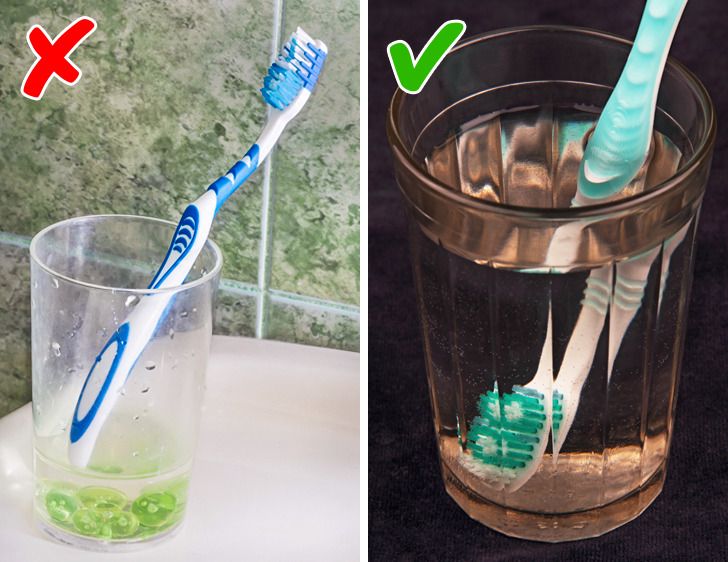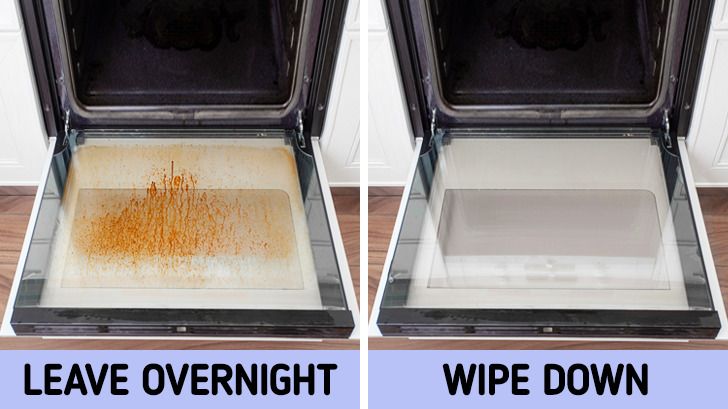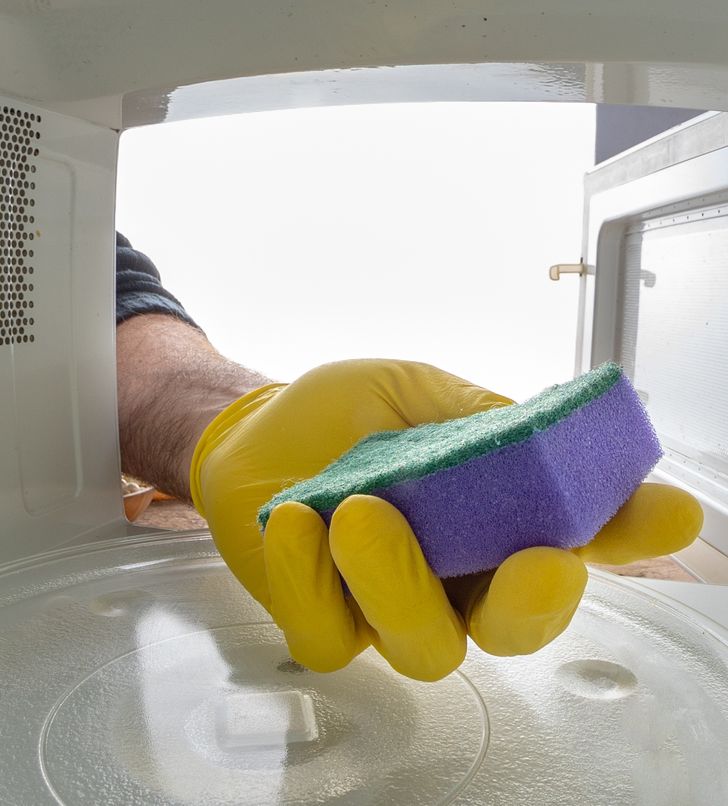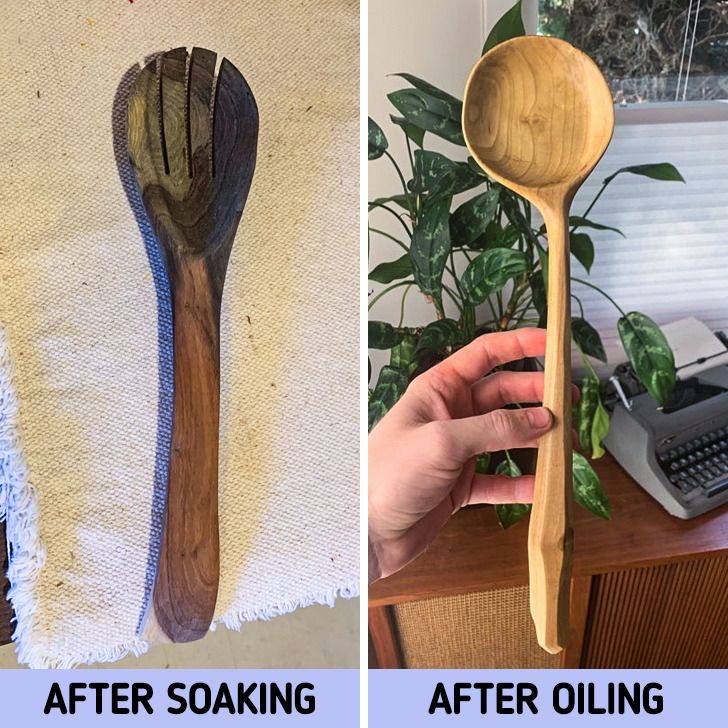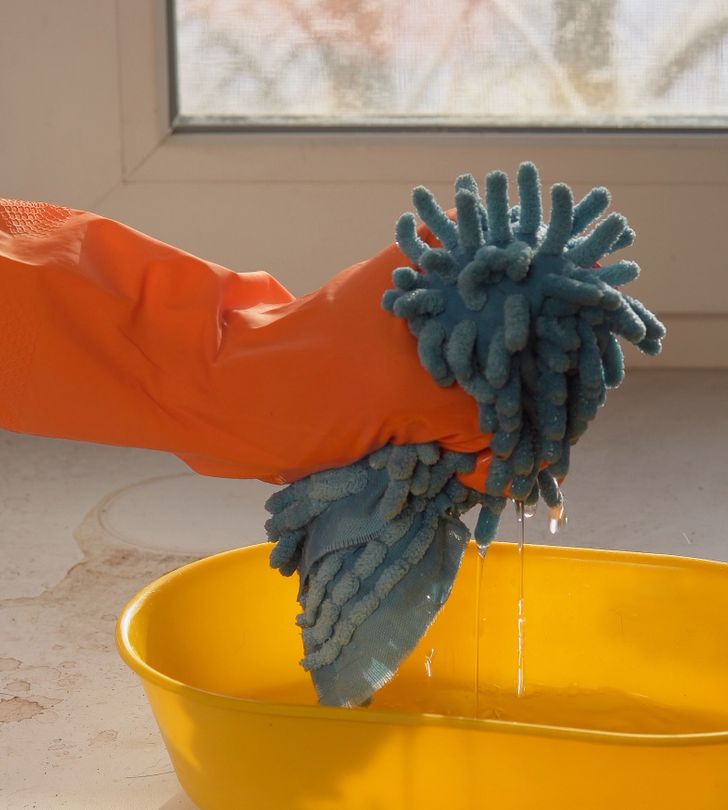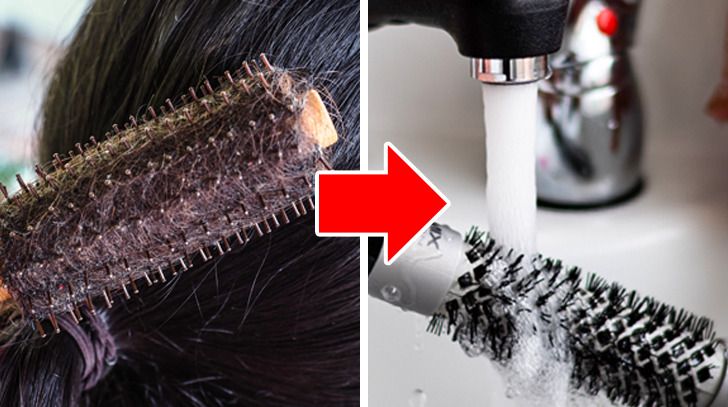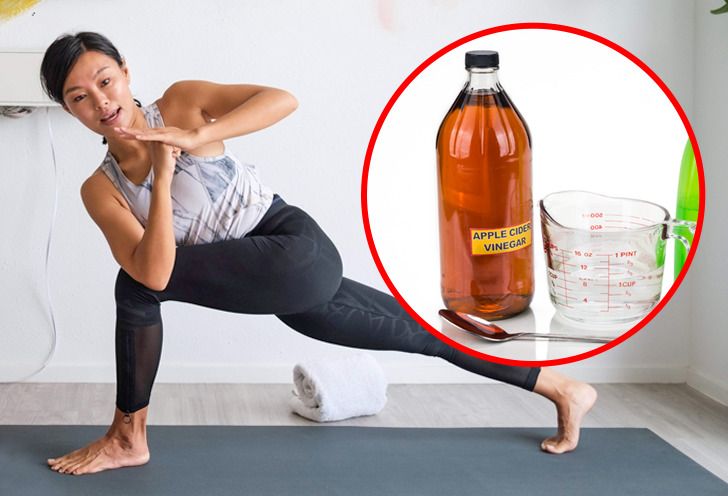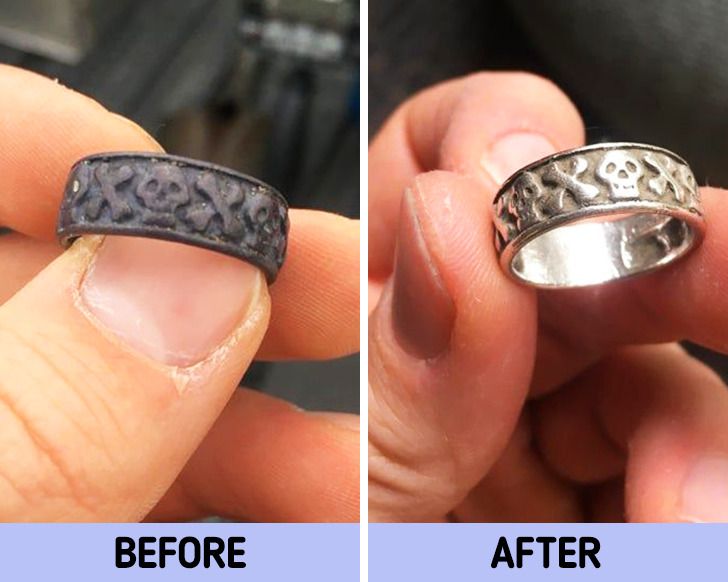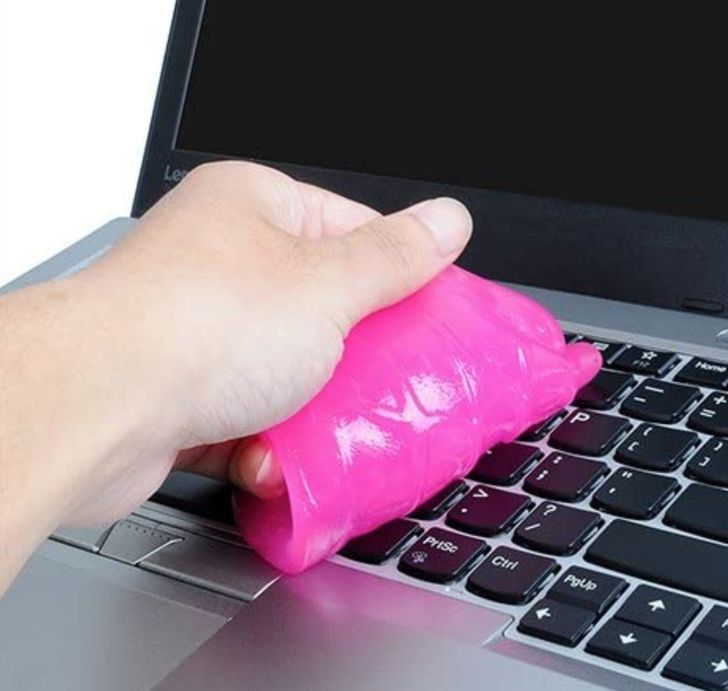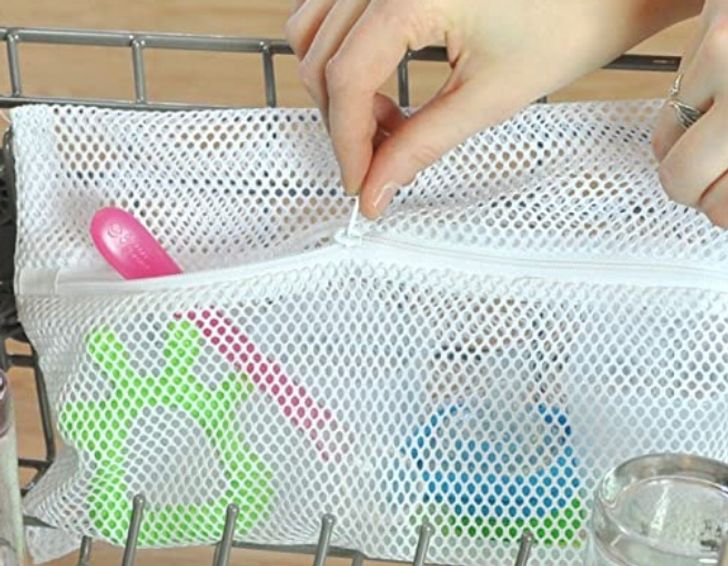I started to regularly wash my hairbrush with some soap as well, I feel it my hair even started getting greasy slower
9 Cleaning Hacks to Finally Kiss Those Germs Goodbye
Our toothbrushes hold tons of microbes in their bristles that can be damaging for our oral health. Other unwanted germs within our lives can hide in many places we never thought of cleaning, or we simply don’t know how to properly clean them. That’s why it’s so important to be aware of bacteria growth in our homes and know how to combat it effectively.
For this reason, Bright Side found the top tips for making sure we stay germ-free at home along with a bonus cleaning hack for your dishwasher.
1. Use mouthwash to disinfect your toothbrush.
Each time we use our toothbrush, we may be transferring bathroom bacteria directly into our mouths. If you’re someone who flushes the toilet with the lid up, then you could be spreading waste particles around the room, which can settle on surfaces and objects.
Therefore, it’s recommended to sanitize your toothbrush in mouthwash for 2 minutes after using it.
2. Clean your oven with 1/5 cup of ammonia.
Simply heat your oven to 150ºF then turn it off and place 1/5 cup of ammonia in a bowl on your oven’s top shelf. Place a bowl of boiling water on the shelf below and close the door, leaving them to do their thing overnight.
This will help the grime to drop off from your oven, helping you to easily wipe it clean the next day.
3. Microwave your sponge.
Our dish sponges collect large amounts of harmful bacteria that we don’t want to then transfer to our dishes while washing them. To sterilize a sponge, you should wet it completely before placing it in the microwave for 1 minute.
The extreme heat will zap any bacteria growing in your sponges. Repeat this every few days when your sponge starts to smell.
4. Clean your wooden kitchen tools.
Our wooden spoons can suffer in the kitchen, especially if they get put into the dishwasher or are left to soak. To keep them healthy, it’s recommended to rub them with a slice of lemon in order to stop any unwanted smells to permeate. You can also coat them with vegetable or coconut oil for a little tender loving care. This will make them shine and protect them from harmful moisture.
When they’re exposed to too much moisture, they grow mildew, which isn’t the most hygienic thing for your cooking vessels.
5. Wipe down your windowsills regularly.
Because windows and windowsills can collect condensation, they can be a prime breeding ground for fungi and microbes. Make sure that you don’t forget about these hotspots that can be harboring a concentration of bacteria due to the damp environment of the window.
6. Shampoo your hairbrush.
Our hairbrushes are often neglected when it comes to cleaning, even though they may be carrying a lot of dirt. This is because our hair can develop a buildup of pollution and everyday germs when we’re out and about, which then gets transferred to our brushes.
It’s advised to clean your brush once a month by removing old hairs and shampooing it overnight before rinsing it clean.
7. Disinfect your yoga mat with apple cider vinegar.
Yoga mats can pick up tons of bacteria, not only from the dampness caused by our sweat but also from being placed on floors, especially at fitness centers. Therefore, it’s recommended to clean your mat every time you use it. Simply wipe it down using a cloth and equal parts water and apple cider vinegar.
The vinegar will act as a disinfectant, giving your mat a fresh makeover.
8. Clean your silver jewelry with soda and salt.
To restore them back to their original glory, you should line a tray with aluminum foil and add 2 tablespoons of soda and 1 tablespoon of salt. Place the jewelry on top and cover it with boiling water.
By leaving this to soak overnight, it will dissolve the dirt and tarnish that collects on our silver accessories.
9. Clean your keyboard with gel.
Cleaning slime can be very practical for removing the buildup of dust and dirt from small spaces, and it’s very easy to make at home! You’ll need to mix 1 cup of warm water with borax in a bowl and 1/2 a cup of warm water with glue in another bowl. Combine the 2 mixtures and stir until it becomes firm — then knead it into a hard ball.
Bonus: Use a mesh bag in the dishwasher.
To make sure that everything is properly washed in the dishwasher, it’s important to use a mesh bag to keep the smaller items together. This stops the smaller pieces from slipping down into the washer and not getting sterilized properly.
What tricks do you use to combat germs? Please share them to help us all fight them off!
Comments
Related Reads
20 Photos That Show True Love Comes in All Shapes and Sizes

10 Illustrations Showing How Creative People See the World

15 Mixed-Race People Whose Beauty Is Unique

6 Examples of the Fine Line Between Green and Red Flags in Relationships

“Screams Desperation,” Nicole Kidman, 56, Stuns in a Risqué Dress, But People Say It’s Not Age-Appropriate

Salma Hayek Celebrates “Bikini Day” in a String Swimsuit That Left Us Stunned

16 People Who Could Barely Hold Back Their Rage
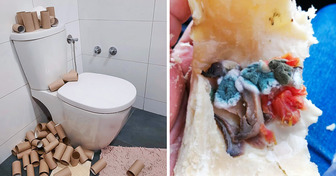
Zac Efron’s Appearance a Few Days Ago Leaves Fans Shocked and Worried

15 Must-Read Stories With Endings You Would Never Guess
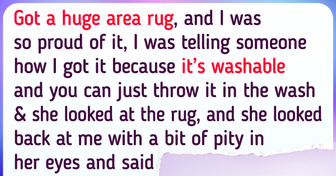
An Artist Pictured “The Little Mermaid” in a New Way, and We Love It Even More Than the Original

8 Ways to Recognize That You Might Be a Toxic Parent

18 Small Outfit Details That’s Impossible to Ignore

